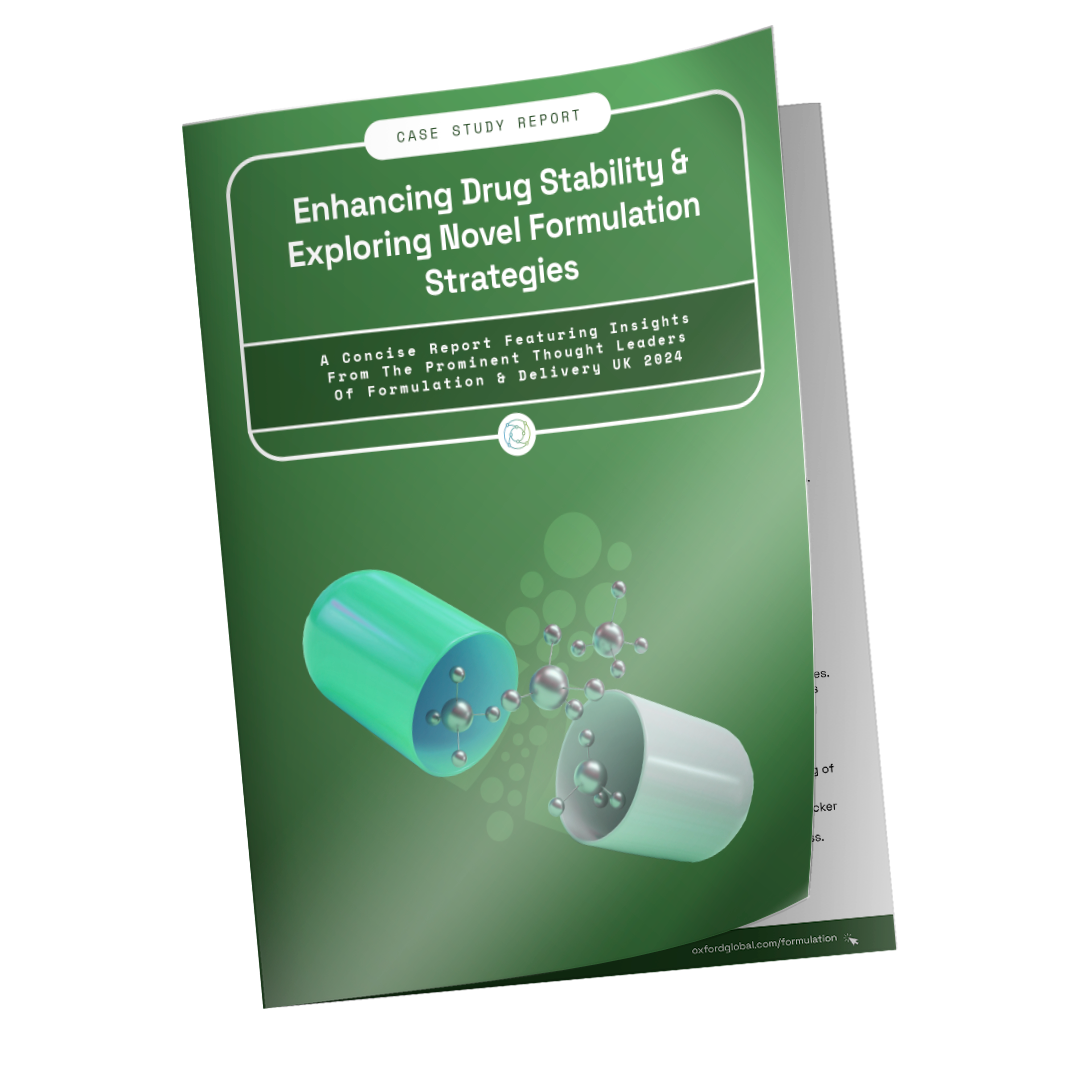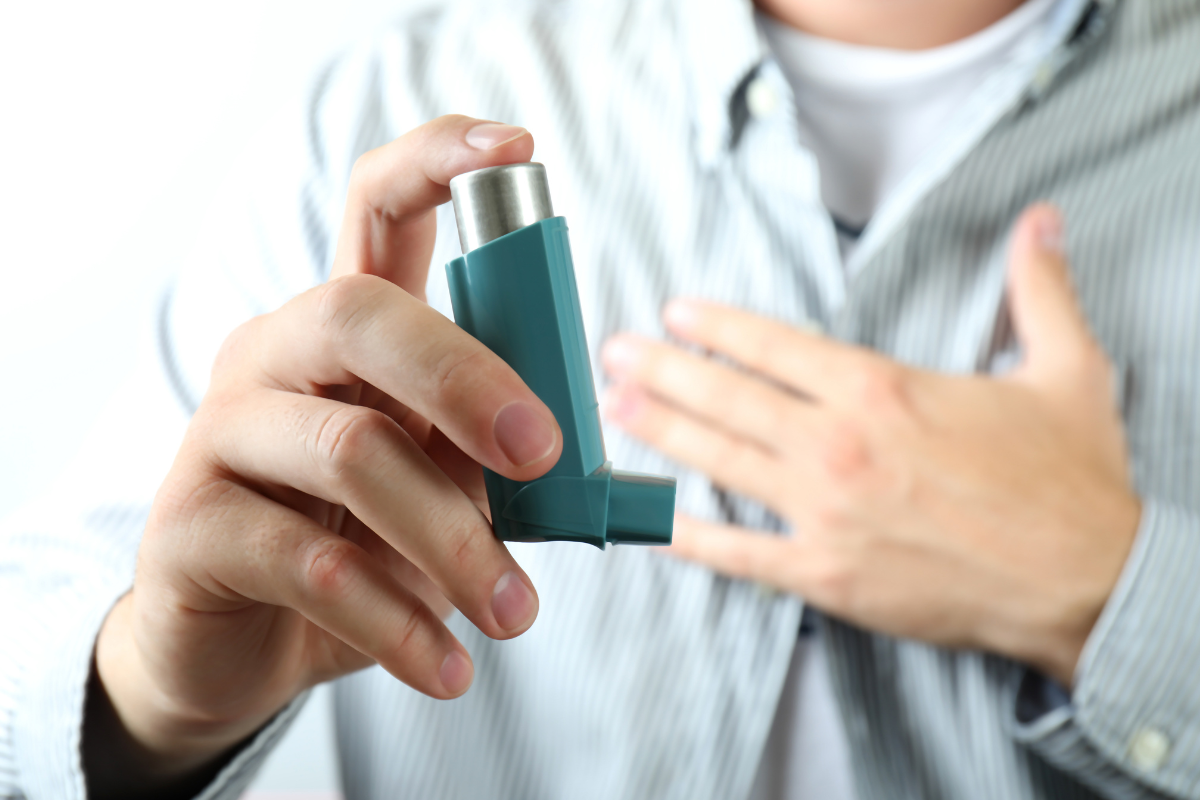Investigating the Potential of Inhaled Biologics in Treating Idiopathic Pulmonary Fibrosis
.jpg)
Aileron Therapeutics' main focus centres around building a pipeline of first-in-class medicines to address significant unmet patient needs in orphan pulmonary and fibrosis indications. The company recently announced positive results from Cohort 1 in their ongoing Phase Ib clinical trial evaluating the safety and tolerability of inhaled LTI-03 in patients diagnosed with idiopathic pulmonary fibrosis (IPF).
According to the American Lung Association, IPF is the most common form of pulmonary fibrosis. It is a disease that causes scarring (fibrosis) of the lungs. The lung damage from IPF is irreversible and progressive.
LTI-03 is a novel, Caveolin-1-related peptide that serves a dual purpose of inhibiting pro-fibrotic signalling and ensuring the survival of critical epithelial cells. Epithelial cell health is a crucial element to keep in mind when treating IPF, yet it has not been widely addressed.
Clinical Trial
A sample of 12 patients were recruited in Cohort 1, they received a low dose (2.5mg BID) of LTI-03 twice a day for 14 days, followed by a bronchoscopy on day 14. Patients were then monitored for the seven following days.
The results from Aileron Therapeutics' clinical trial showed that following an inhaled administration of low-dose LTI-03, a positive trend was observed in seven out of eight biomarkers. The data demonstrated that there was a reduced expression among profibrotic proteins which contribute to IPF.
Furthermore, data from multiple biomarkers were statistically significant, demonstrating the potential of LTI-03 to improve lung function and reverse the course of IPF. Brian Windsor, President and CEO of Aileron Therapeutics, reiterated this: "We find it encouraging that low dose LTI-03 achieved statistical significance in three out of eight biomarkers evaluated in the trial."
Related:
- Inhaled Biologics: Where are we now?
- Beyond the Needle: Exploring the Potential of an Inhaled TB Vaccine
- Kurma Partners to Collaborate with Samsung Biologics for the Development and Manufacture of Biologics Drugs
Alongside the positive trends seen in the other biomarkers, this reaffirms that LTI-03 has the potential for disease stabilisation maybe even reversal. The trial is ongoing and results from the high-dose LTI-03 cohort are expected in late 2024. Hopefully, results from the high-dose cohort will supplement the low-dose data and bolster LTI-03's position as an effective and safe inhaled therapeutic.
Conclusion
The promising results of this trial show the potential of inhaled biologics in treating pulmonary diseases. Administering this drug via inhalation is not only more patient friendly but it also reaches the site of action more directly than injection, thus enhancing its bioavailability.
While there are challenges associated with developing and delivering biologics due to their size and structural complexity, the advantages outweigh the obstacles. Case studies like this showcase the importance of investing in and developing inhaled biologics to treat diseases with high unmet needs like IPF.








